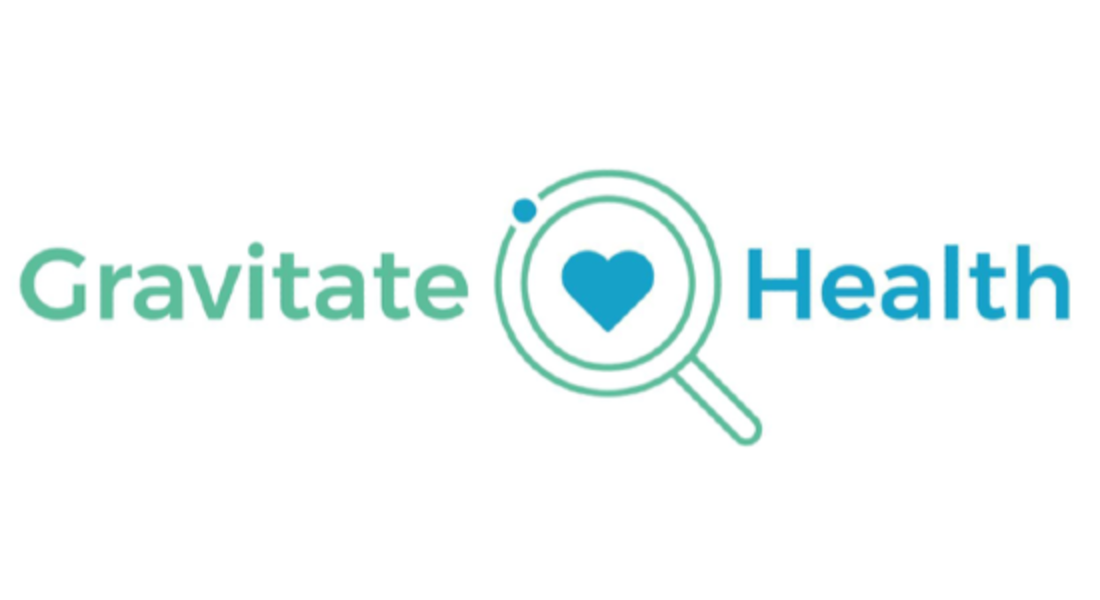New consortium to promote easier access to information on medicinal products
Researchers at the Copenhagen Centre for Regulatory Science, University of Copenhagen, join Gravitate Health, a 40-partner world-wide consortium aimed at improving access and understanding of health information.

In order to find out how to take medicine safely, patients today primarily read the information stated on the paper leaflet provided with their medicinal product, which states its content, its dosage, its possible side effects, and other important information.
Unfortunately, this leaflet might prove difficult to use accurately, if its content is unclear, or if a patient's condition or their literacy level prevents them from understanding it. The situation is even worse for patients who suffer from multimorbidity and chronic diseases, who must refer to multiple paper leaflets for different medicines.
This results in poor medication adherence, which means that patients do not take their medication properly, putting their health at significant risk. The OECD estimates that around 200,000 premature deaths occur annually in Europe because of poor medication adherence.
New digital solutions
To combat these risks, the newly-formed Gravitate-Health consortium, will develop and test a digital, user-centric health information solution, in the form of an open source digital platform. This kind of tool will provide trustworthy information about safe and effective use of medicine in an accessible format, offering the possibility for regular updates by health authorities. It will also personalise content to the fit the needs of individual patients, being linked to electronic health records.
The consortium will also work on the elaboration of a White Paper, with recommendations on realistic strategies to implement to strengthen access, understanding and future use of digital services in health care, like electronic product information (ePI).
“Our mission is to equip and empower patients with digital health information and tools that make them confident, active, and responsive in their patient journey, specifically encouraging safe use of medicines for better health outcomes and quality of life,” said Prof Anne Moen, coordinator of Gravitate-Health and Professor in the Institute for health and society, University of Oslo.
The Gravitate Health Consortium
The five-year project is funded with a 18.5 million Euros grant from Innovative Medicines Initiative (IMI), and gathers 40 partners from civil society, academia and industry in 15 countries. This unique public – private strategic partnership is co-led by the University of Oslo (public partner coordinator) and Pfizer (industry lead).
More specifically, the Copenhagen Centre for Regulatory Science will provide its expertise in risk management. The larger goal of the project is to promote safe use of medicines, minimise risks and improve quality of life amongst patients.
The University of Copenhagen is one of the two Danish partners of the consortium, the other one being Trifork, specialised in software development.
